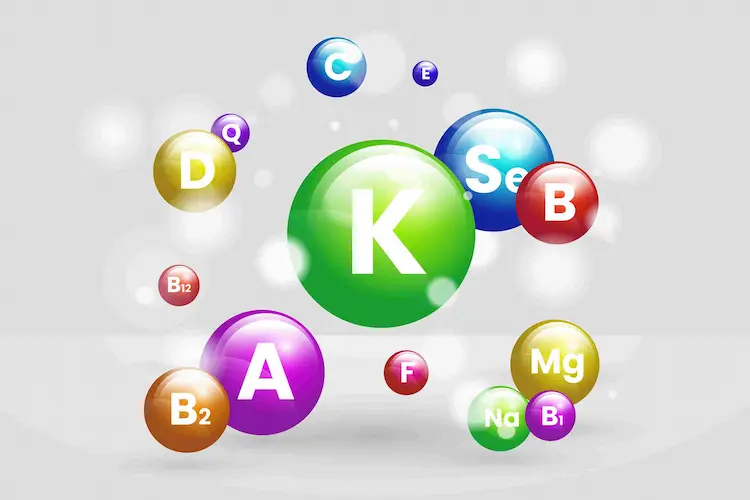Staying organized is a challenge for many, but it is particularly crucial for those juggling multiple roles and responsibilities such as entrepreneurs, home organizers, students, remote workers, and freelancers. Imagine walking into an orderly workspace every morning, where everything has its place, and your to-do list is neatly prioritized. Sounds dreamy, right? This blog post will guide you on how to stay organized in life and work, offering practical tips, productivity hacks, and strategies for effective time management. Whether you are questioning, How do I keep myself more organized? or How can I improve my organizing skills?, this guide has got you covered.

The Importance of Staying Organized
Staying organized is more than just keeping your desk tidy it is about creating a streamlined workflow that enhances productivity and reduces stress. For entrepreneurs, organization can mean the difference between business success and failure. Home organizers need to maintain order in every corner of their living space. Students require a system to manage their academic workload, while remote workers and freelancers must juggle multiple projects without the structure of a traditional office environment. Effective organization helps you maximize your time, allowing you to focus on what truly matters. By keeping yourself more organized, you will find it easier to meet deadlines, achieve goals, and maintain a work-life balance. Furthermore, an organized life can significantly reduce anxiety and create a sense of calm and control.
Understanding Your Organizational Style
Before you can improve your organizing skills, it is essential to understand your personal organizational style. Are you a visual organizer who relies on charts and lists? Or do you function best with digital tools and apps? Knowing your style will help you choose the most effective methods for staying organized. Experiment with different tools and techniques to find what works best for you. Some people thrive with traditional planners, while others prefer digital calendars. Once you identify your style, you can develop a tailored approach to organization that suits your needs and preferences.
Setting Clear Goals and Priorities
One of the most critical aspects of staying organized is setting clear goals and priorities. Start by defining your long-term objectives, then break them down into smaller, manageable tasks. This approach will help you stay focused and motivated, making it easier to track your progress. Use a combination of short-term and long-term goals to keep yourself on track. Prioritize tasks based on their importance and deadlines, and do not be afraid to adjust your priorities as needed. By setting clear goals and priorities, you will create a roadmap for success that keeps you organized and on track.
Time Management Techniques for Optimal Productivity
Effective time management is crucial for staying organized and boosting productivity. Start by creating a daily schedule that outlines your tasks and allocates specific time slots for each one. Use tools like calendars, planners, and to-do lists to keep track of your commitments and deadlines. Consider using time-blocking techniques, where you dedicate specific blocks of time to particular tasks. This method can help you stay focused and avoid multitasking, which often leads to decreased productivity. Additionally, practice the Pomodoro Technique, which involves working for 25-minute intervals followed by a 5-minute break, to maintain your focus and energy levels throughout the day.
Decluttering Your Physical Space
A cluttered environment can hinder your ability to stay organized and focused. Take the time to declutter your physical space, whether it is your home office, bedroom, or living area. Start by sorting through your belongings and getting rid of items you no longer need or use. Organize your remaining items into designated storage spaces, such as shelves, drawers, and bins. Keep frequently used items within easy reach and store less frequently used items out of sight. By maintaining a tidy and organized physical space, you will create an environment that fosters productivity and reduces stress.
Creating an Efficient Digital Workspace
In todays digital age, having an organized digital workspace is just as important as maintaining a tidy physical space. Start by decluttering your computer desktop and organizing your files into folders. Use descriptive file names and labels to make it easier to locate documents when needed. Consider using cloud storage solutions, such as Google Drive or Dropbox, to keep your files accessible and secure. Additionally, utilize digital tools and apps to streamline your workflow, such as project management software, note-taking apps, and communication platforms. By creating an efficient digital workspace, you will enhance your productivity and stay organized in the digital realm.
Utilizing Productivity Tools and Apps
There are countless productivity tools and apps available to help you stay organized and manage your time effectively. From task management apps like Todoist and Trello to note-taking apps like Evernote and OneNote, these tools can streamline your workflow and keep you on track. Experiment with different tools to find the ones that best suit your needs and preferences. For example, if you prefer visual organization, consider using a kanban-style app like Trello. If you need a comprehensive project management solution, try tools like Asana or Click Up. By leveraging productivity tools and apps, you will enhance your organizational skills and boost your efficiency.
Developing Consistent Habits and Routines
Consistency is key when it comes to staying organized. Develop daily habits and routines that support your organizational goals. For example, start your day by reviewing your to-do list and prioritizing tasks. Set aside time each week to declutter and organize your physical and digital spaces. By establishing consistent habits and routines, you will create a sense of structure and predictability in your life. Over time, these habits will become second nature, making it easier to stay organized and productive.
Managing Distractions and Staying Focused
Distractions can derail your efforts to stay organized and productive. Identify common distractions in your environment, such as social media, noisy surroundings, or frequent interruptions, and take steps to minimize them. Consider using techniques like the Pomodoro Technique or time-blocking to stay focused on your tasks. Additionally, create a dedicated workspace that is free from distractions and conducive to concentration. By managing distractions and staying focused, you will enhance your productivity and maintain your organizational efforts.
Seeking Support and Accountability
Staying organized can be challenging, but you do not have to do it alone. Seek support and accountability from friends, family, or colleagues. Share your organizational goals with them and ask for their encouragement and feedback. Consider joining online communities or forums where you can connect with others who share your organizational challenges and goals. By seeking support and accountability, you will stay motivated and committed to your organizational efforts.
Celebrating Your Progress and Successes
Finally, take the time to celebrate your progress and successes. Acknowledge the small victories along the way, such as completing a task on time or decluttering a space. Celebrating your achievements will boost your motivation and reinforce your commitment to staying organized. Consider rewarding yourself with a treat or a break when you reach a significant milestone. By celebrating your progress and successes, you will maintain a positive mindset and stay motivated on your organizational journey.















Comments
Leave a comment